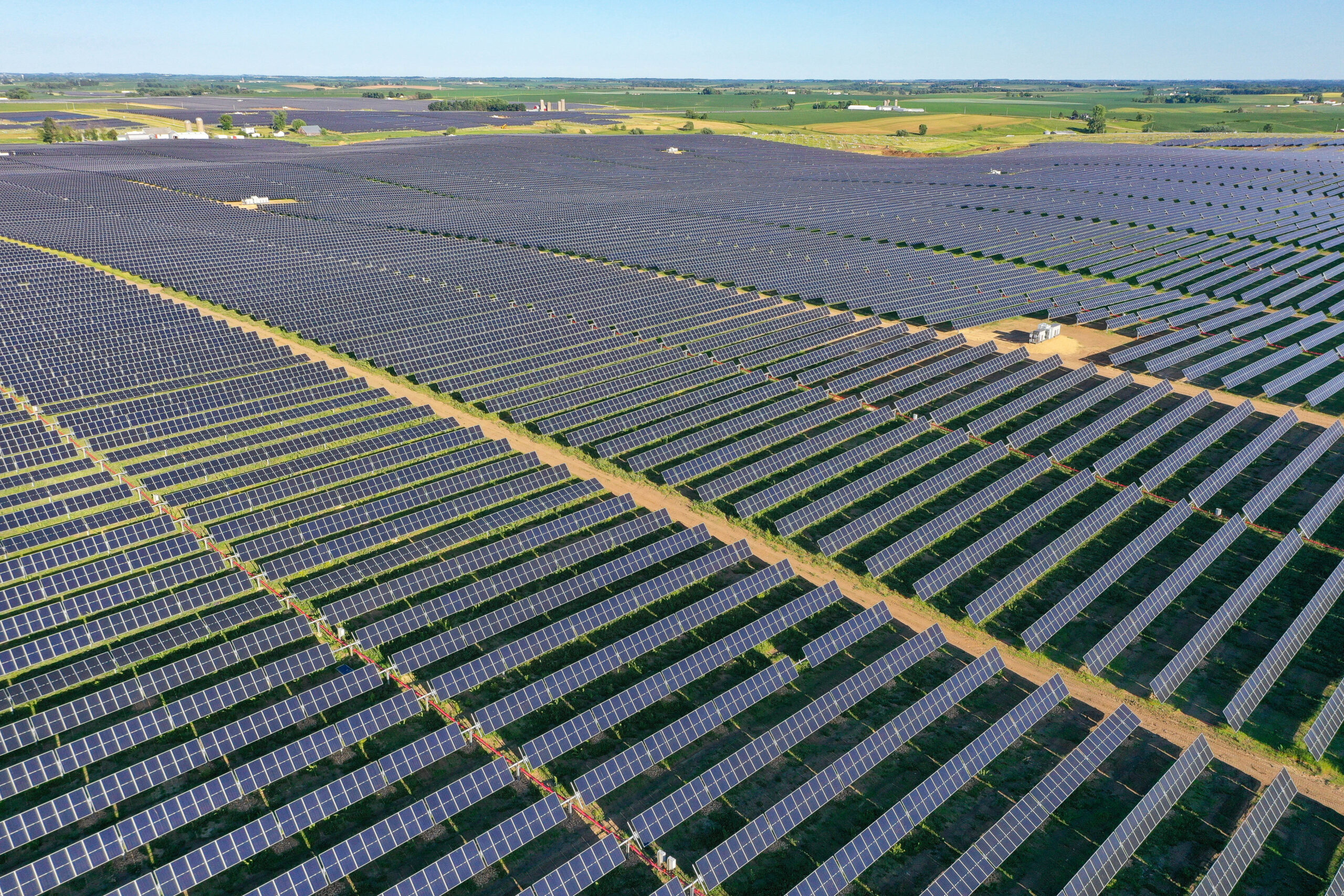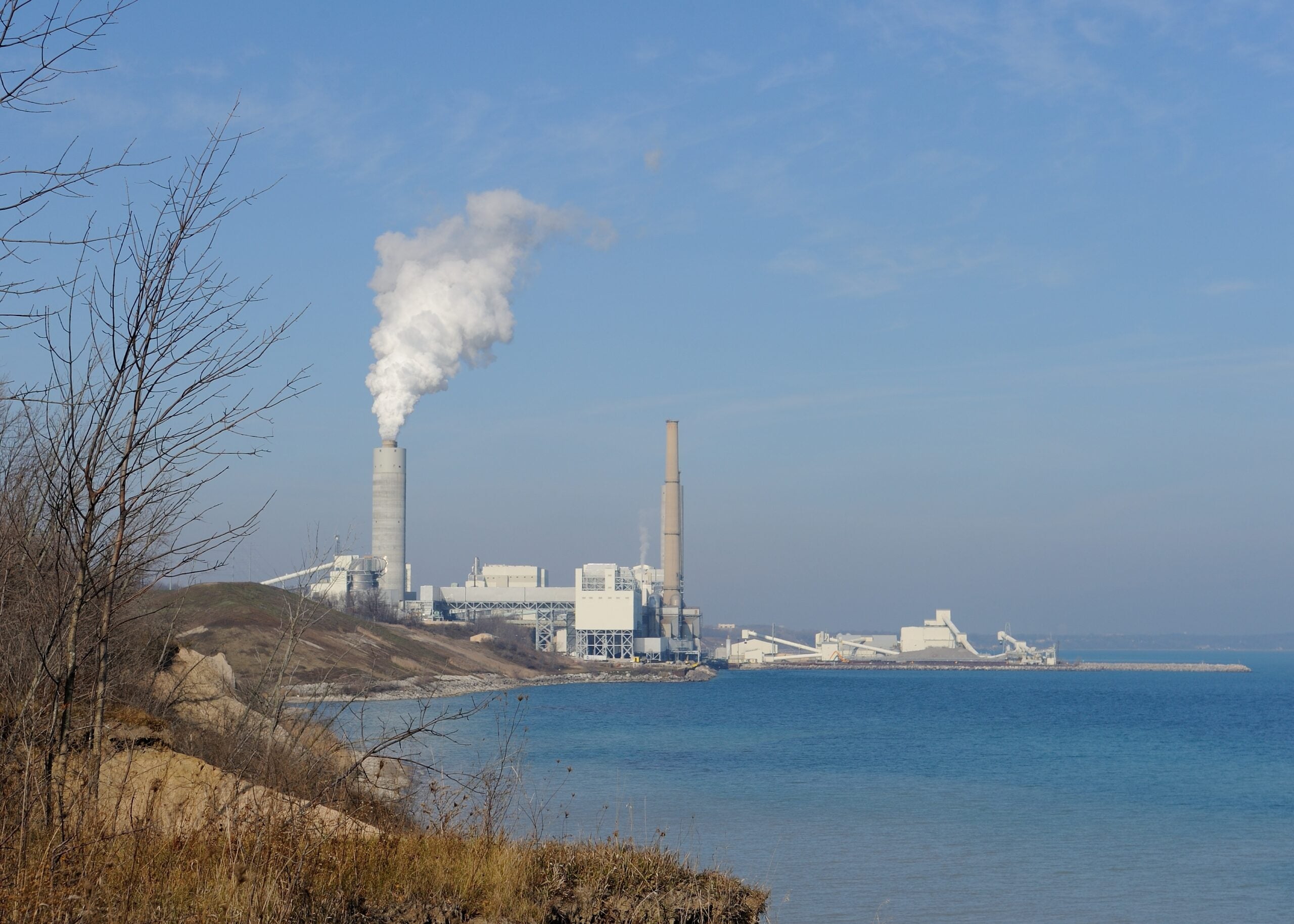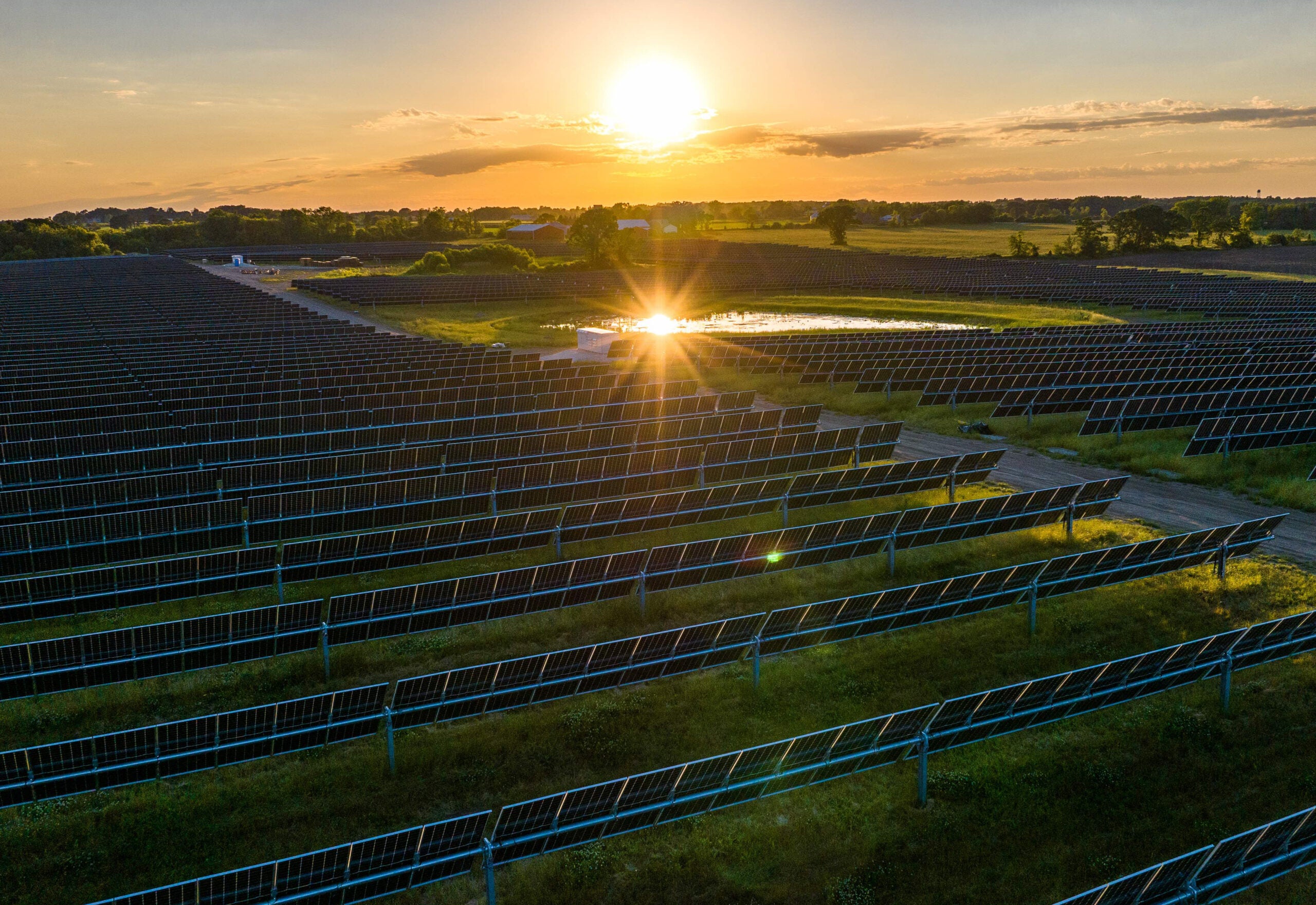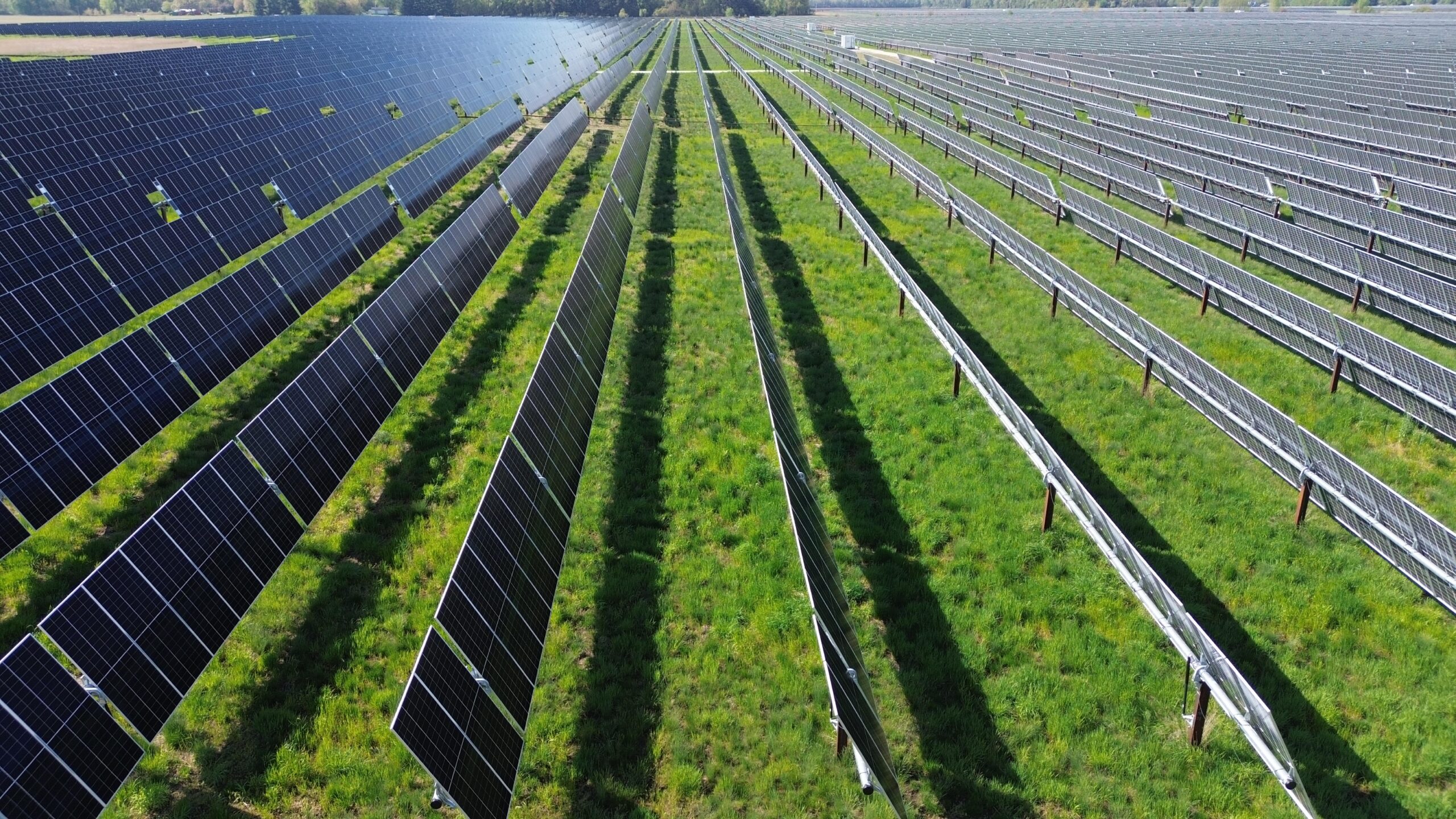Owners of a solar project in Dane County said it’s now expected to cost more than $900 million due to supply chain disruptions and federal regulations that combat unfair trade practices and the use of forced labor.
We Energies, Wisconsin Public Service and Madison Gas and Electric recently signed an agreement to purchase the Koshkonong Solar Energy Center from Chicago-based developer Invenergy. The project would host 300 megawatts of solar — enough to power 90,000 homes — and 165 megawatts of battery storage on roughly 2,400 acres in the towns of Christiana and Deerfield.
Last year, the Public Service Commission, or PSC, approved the $649 million purchase, but utility executives said costs have now grown by 42 percent due to unforeseen events. Theodore Eidukas, a vice president with WEC Energy Group, and Scott Smith, a vice president for Madison Gas and Electric, notified the commission of the changes in an Aug. 30 filing.
“Each of these force majeure events caused a significant cost increase for labor, equipment, and/or material, impacted the domestic solar industry as a whole, and resulted in the solar market pricing we have today,” they wrote.
Utility executives said those events include supply chain disruptions due to the COVID-19 pandemic and prevailing wage requirements under the Inflation Reduction Act. They also cited increased tariffs on solar equipment, as well as enforcement of a federal law blocking the import of goods made with forced labor from China’s Xinjiang region.
That has delayed construction along with legal challenges mounted by the town of Christiana. It’s not the first time utilities have witnessed such delays. Last year, work on the Paris Solar-Battery Park and the Badger Hollow Solar Farm was put on hold amid federal investigations over whether solar panels for the projects were made with forced labor in China.
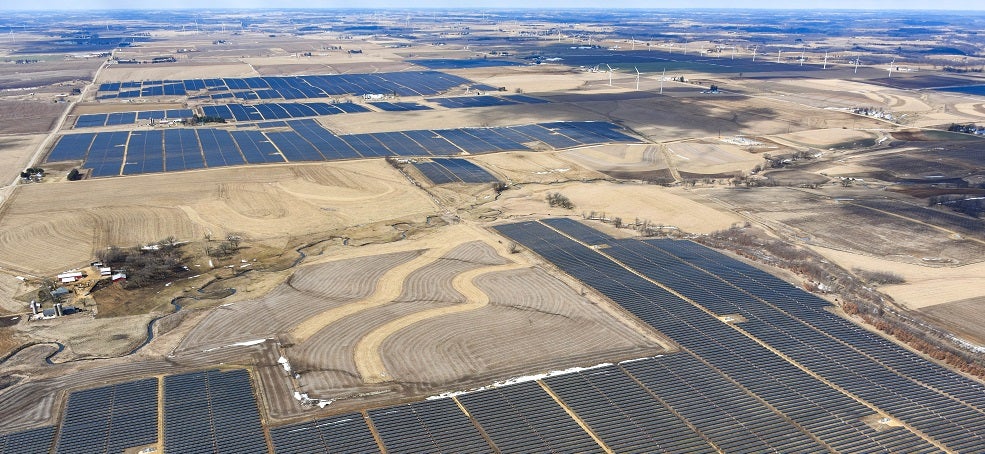
Consumer advocate questions claim of unforeseen costs
Stay informed on the latest news
Sign up for WPR’s email newsletter.
Tom Content, executive director for Wisconsin’s Citizens Utility Board, said the consumer advocacy group questioned the cost-effectiveness of the Koshkonong project before regulators approved it. He wondered whether the cost impacts were truly unforeseeable as the utilities claim.
“They’re referencing things like COVID and referencing the tariffs on Chinese solar panels and things that have been around for several years now,” Content said.
We Energies and Wisconsin Public Service own the vast majority of the Koshkonong Solar Energy Center. Milwaukee-based WEC Energy Group owns the two utilities. Brendan Conway, a company spokesperson, said in a statement that the cost hikes aren’t unique to the project or Wisconsin.
“Solar projects across the country are seeing similar impacts,” Conway wrote.
Conway said rising construction costs shouldn’t affect when the project comes online, which is expected to happen at the end of next year. He added it would be the largest solar project ever built by union labor in Wisconsin, providing clean energy for decades to come.
The Koshkonong Solar Energy Center is part of the two utilities’ plan to shift away from fossil fuels and save customers $2 billion within the next 20 years as the company invests $7 billion in renewable energy. All three utilities aim to cut carbon emissions 80 percent below 2005 levels by the end of the decade and go carbon-neutral by 2050.
While the changes wouldn’t be felt immediately, Content said it would add costs over time once the project is in service and added to customers’ bills. He noted that utilities signaled in their letter that there could be further costs related to battery storage for the project because the scope of that work has not yet been awarded.
“The PSC needs to take a hard look at the size of this overrun and ask the question, ‘Is this still in the economic interests of customers?’” Content said.
Content acknowledged solar is an advantage because it doesn’t have fuel costs like natural gas and coal plants. Even so, he noted that customers for We Energies and Wisconsin Public Service have faced double-digit rate increases in their utility bills over the last two years. The utilities are seeking to recover about $800 million in proposed rate hikes this year.
When regulators approved the Koshkonong purchase, the commission denied utilities’ request to exceed the anticipated cost to buy the project due to unforeseen events.
In its final decision, regulators included a condition to ensure utilities couldn’t recover any cost overruns without the commission’s approval. Utility regulators will address whether additional costs may be recovered from ratepayers in a future rate case.
Editor’s note: The Citizens Utility Board and Madison Gas and Electric are underwriters of WPR.
Wisconsin Public Radio, © Copyright 2025, Board of Regents of the University of Wisconsin System and Wisconsin Educational Communications Board.
